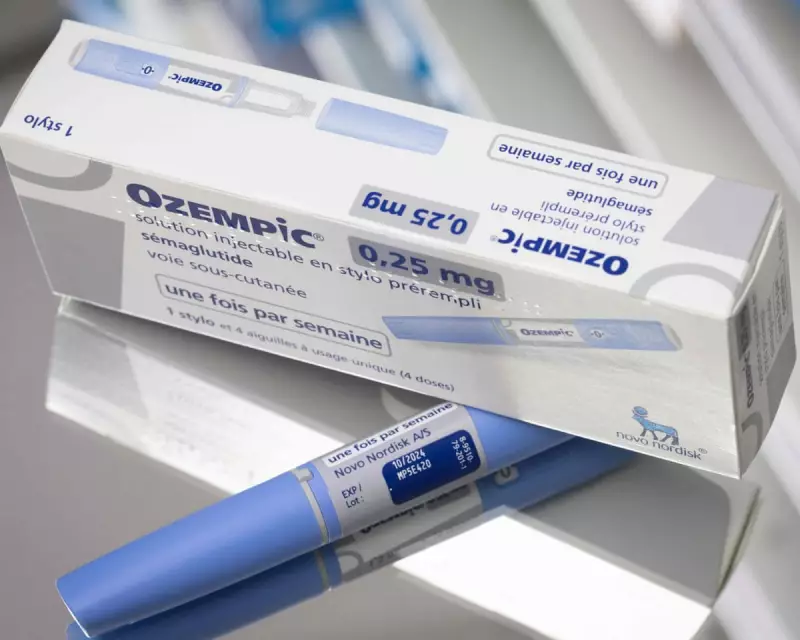
Shares in Danish pharmaceutical giant Novo Nordisk experienced a dramatic fall, dropping more than 10% in early trading on Monday. This sharp decline followed the company's announcement that the pill version of its blockbuster drug Ozempic had failed to slow the progression of Alzheimer's disease in two extensive clinical studies.
Clinical Setback for Semaglutide
The highly anticipated trials, which enrolled nearly 4,000 patients, ultimately did not demonstrate that the medication could delay the advancement of the neurodegenerative condition. This outcome dashes hopes for expanding the use of the semaglutide-based treatment beyond its current applications for type 2 diabetes and weight management.
Novo Nordisk confirmed that while the treatment resulted in improvement of certain Alzheimer's disease-related markers, this did not translate into a delay of disease progression for patients. Martin Holst Lange, the company's chief scientific officer, stated that despite recognising a low likelihood of success, they felt a responsibility to explore semaglutide's potential due to the significant unmet medical need in Alzheimer's treatment.
Market Position Under Pressure
This clinical setback compounds existing challenges for Novo Nordisk, which has seen its market value decline by more than half this year. The company rose to become one of Europe's largest pharmaceutical firms on the back of its successful GLP-1 drugs, Ozempic and weight-loss injection Wegovy.
The Danish group has now fallen behind its American competitor Eli Lilly, which recently became the first drugmaker to reach a $1 trillion market value in the United States. Eli Lilly has developed tirzepatide, marketed as Mounjaro for type 2 diabetes and Zepbound for obesity.
The Race for Anti-Obesity Pills Intensifies
Both pharmaceutical rivals are now competing to develop the first effective anti-obesity pill. While injectable treatments mimicking the GLP-1 gut hormone have gained substantial popularity, they remain expensive. Pill versions are expected to be cheaper and easier to store, distribute, and administer, potentially making them accessible to millions more people worldwide amid rising obesity rates.
Securing the first weight-loss pill on the market represents a critical challenge for Mike Doustdar, who was appointed chief executive of Novo Nordisk this summer. His predecessor was reportedly ousted over concerns about the company losing its dominance in this competitive field.
In recent months, Novo Nordisk has implemented several strategic changes, including announcing plans to cut 11% of its 78,400 global workforce in cost-cutting measures. The company has also trimmed its sales forecast for the fourth time this year due to lagging sales of Wegovy and Ozempic.
Despite this setback, research into GLP-1 analogues for neurological conditions continues. A separate smaller study presented at last year's Alzheimer's Association international conference found that liraglutide—the GLP-1 analogue in another Novo Nordisk weight-loss treatment, Saxenda—appeared to help slow the loss of brain volume in people with Alzheimer's disease.






